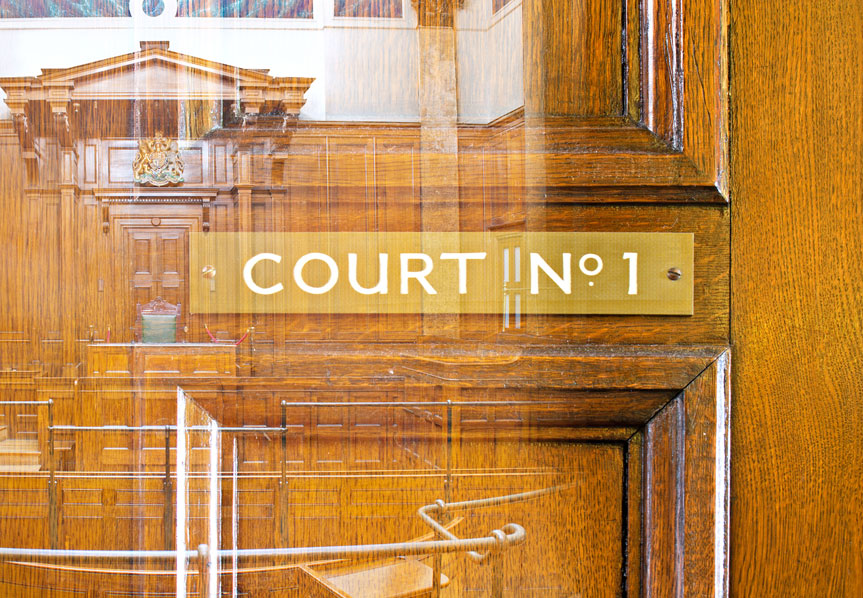When an expert witness understands and adheres to their duty with professionalism in court, it is difficult to make a convincing argument against their credibility.
The judgment in the recent High Court case of Biggadike v El Farra & Anor [2024] EWHC 1688 (KB) revealed how well-prepared and professional experts, and their evidence, are hard to discredit on the stand.
The case related to a clinical negligence action against two defendants. All sides called expert witnesses, two of whom were speaking at the same clinical conference during the trial.
The two experts in question, Mr Toozs-Hobson and Mr Robinson, we subject to cross-examination which sought to undermine their integrity and pointed to their attendance of the conference as partial evidence of this.
The questioning implied that they had, as Her Honour Judge Carmel Wall put it, “some personal, professional and/or financial interest in the outcome of this trial and/or had a financial interest in the supply of vaginal mesh products”.
The fact that the two had been speaking at a seminar for urogynaecologists during the trial was used to undermine the credibility of their evidence, however the judge rejected the suggestion that their attendance at the conference would have any effect on their evidence.
In fact, the judge highlighted that “the sub-specialist world of urogynaecology is a small one” and that the pair knew each other, and both of the defendants, before being instructed.
This is an important point, as it is likely that the same is true of many expert specialisms. It is often the case with niche technical expertise that few people are expert in the topic and those that are, know each other.
Judge’s remarks
“Mr Robinson and Mr Toozs-Hobson had each already provided written reports and then a joint statement addressing a detailed agreed agenda. The quality of the substance of their opinion could be and was properly explored through the trial process,” the judge said.
“I reject the suggestion that either Mr Robinson or Mr Toozs-Hobson has approached the task of giving evidence in this trial other than in accordance with the duties owed by an expert to the court. I reject the suggestion that either has given evidence that has been improperly influenced by any hidden agenda of protecting personal, professional or financial interests.
“I reject the suggestion that either has a personal stake in achieving any particular outcome in this litigation or has manipulated his evidence for any improper reason or purpose, including the suggested motivations of defending mesh claims made against him or financial connections with the mesh industry.”
The judge’s endorsement of the experts’ evidence extended to what she termed Mr Toozs-Hobson’s “pithy” response to the attacks on his integrity under cross-examination, during which he asserted: “This case isn’t about me”. The judge, who clearly agreed with the sentiment, said the same applied to Mr Robinson.
While this short cut down may seem dismissive, it illustrates Mr Toozs-Hobson’s understanding of his remit as an expert, to serve the court by supplying expert evidence on the facts of the particular case.
“I recognise that some of those practising in the field of urogynaecology have strong and different views about the efficacy of vaginal mesh treatment,” the judge added. “This case is not about those issues. It is concerned only with the particular allegations of negligence made by the claimant and is confined to the facts of this particular case.” Clearly, this was a point that the witnesses were also careful to show their understanding of.
Best practice
This case is a timely reminder that robust cross-examination is to be expected in a court environment. However, it need not unsettle expert witnesses that have confidence in their evidence and are fully aware of their duty to the court, and how to deliver that duty.
One point that the judge raised as being a “preferable” mode of conduct in respect of the two expert witnesses was that they should have informed the court and the second defendant of their professional commitment to attend the conference. They had informed their own legal team.
While the judge said this would have “been preferable, in the interests of transparency”, she went on to say “had it been disclosed, I would have done no more than to remind the experts that the case should not be discussed between them at all…[or] with any other person”.
The judge was satisfied that, despite not disclosing their attendance at the conference to all parties, the expert witnesses had not breached their duty not to discuss the case between them or with anyone else.
Author: Hannah Gannagé-Stewart
8 August 2024

